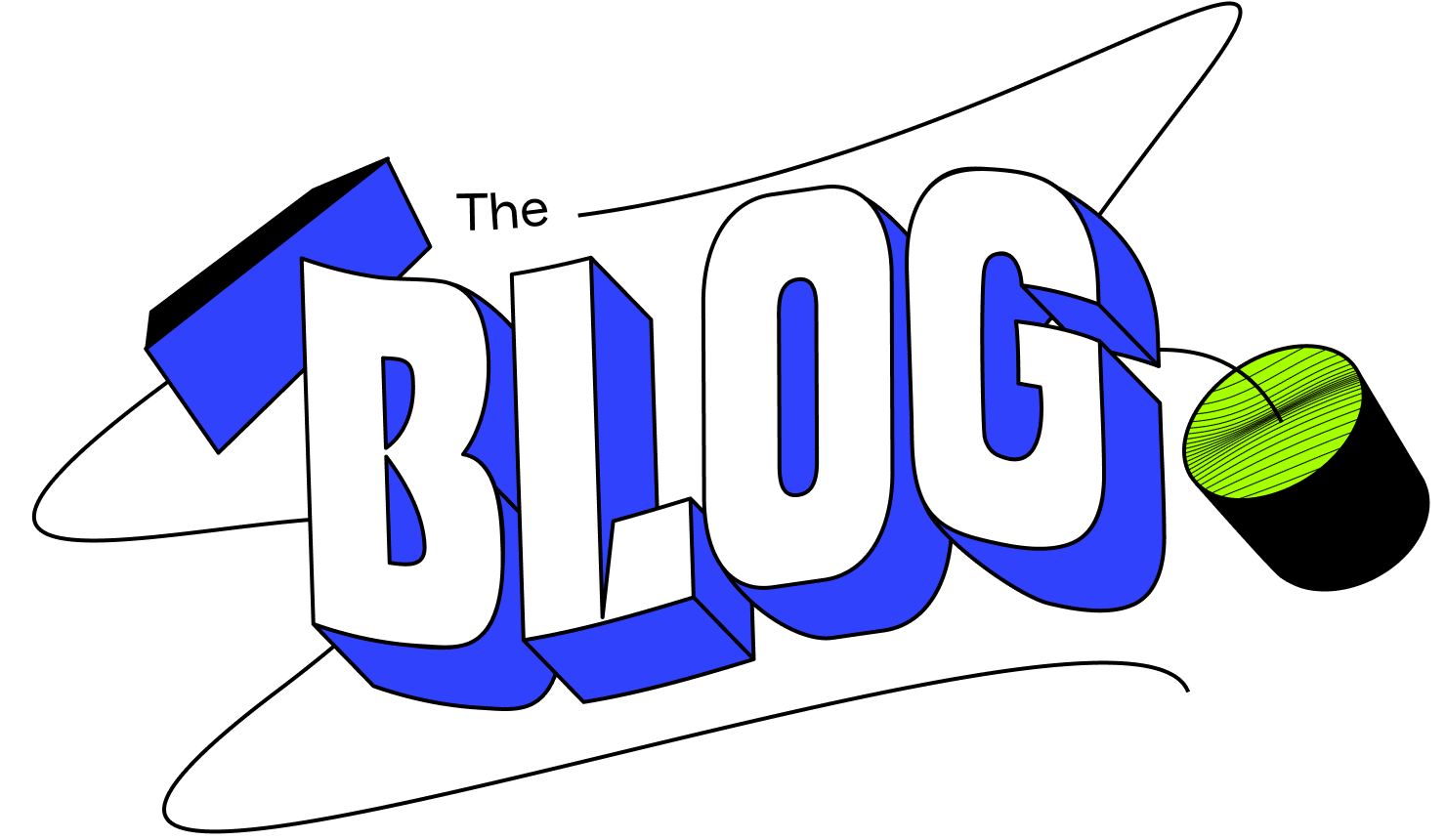
Categories: All
Do you want to know how core team members work at Shardeum? This blog will give your insights along with the tools used by the latest Web3...
Written By
BitKeep is committed to bringing the most secure and cutting-edge infrastructure of Web3 to its users, and we hope you are just as excited as we are with this latest...
Written By
Ordinal NFTs, are digital assets inscribed on a satoshi, the lowest denomination of a Bitcoin (BTC). Read more to know about ordinal nfts in this...
Written By
Ethereum's Shanghai upgrade is a hard fork slated for March 2023. This update aims to improve the Ethereum network's functionality, security, and...
Written By
Explore the diverse landscape of cryptocurrency regulations globally, understanding the legal frameworks, taxation, and future prospects in key countries and...
Written By
This article provides an overview of CBDC efforts worldwide, as we explore how far countries like The Bahamas, India, the USA, the UK and more...
Written By
Double Protocol is a Utility NFT marketplace developed by the team behind the ERC-4907 token standard. Know more about double...
Written By
SharDex is one of the first community-driven & all-in-one DEX on the Shardeum ecosystem with utilities such as Trade, Swap, NFT Marketplace, Bridge, Lending, and...
Written By
IPFS and Filecoin together are used for the decentralized storage for large data...
Written By
SupraOracles is a novel, high-throughput Oracle & IntraLayer toolkit that interlink all public and private blockchains including...
Written By
Pinata is a web3 media management platform that helps creators and developers share content via IPFS (InterPlanetary File System) with...
Written By
OKX Wallet is a multi-platform, universal crypto wallet that supports EVM and non-EVM...
Written By
470+ Proof of Community events
28,000 Attendees
22 Countries
470+ Proof of Community events
28,000 Attendees
22 Countries
470+ Proof of Community events
28,000 Attendees
22 Countries
470+ Proof of Community events
28,000 Attendees
22 Countries

Learn how to delegate SHM on Shardeum, choose reliable validators, and earn staking rewards. A step-by-step guide for beginners and existing...
Written By
Buy SHM from exchanges and easily add it to your Shardeum wallet. Follow this quick guide to fund your wallet and start using SHM on the...
Written By
Learn how to set up your Shardeum wallet and connect to the mainnet in minutes. Start using SHM on a network built for ultra-low fees and limitless...
Written By

